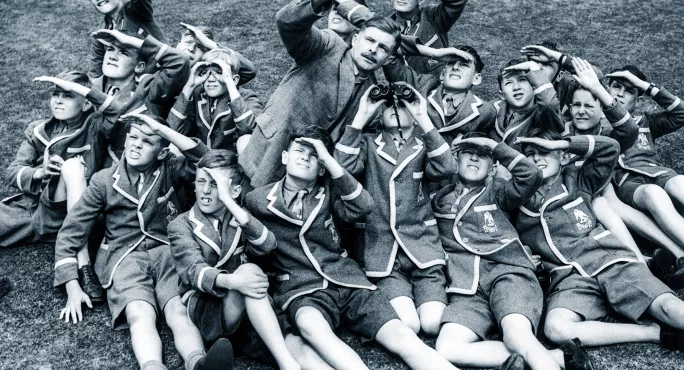Two-thirds of people (66 per cent) say schools should help to cover the cost of uniforms, according to YouGov research shared exclusively with Tes.
This includes more than a third (37 per cent) who believe schools should help to meet the expense by providing uniforms to children from low-income homes, while an additional 29 per cent say schools should give uniforms to all pupils.
Recent research conducted by the Children’s Society found the average yearly spend in 2020 was £337 for secondary school students and £315 for primary school pupils.
Only a fifth of the public (22 per cent) think schools shouldn’t have to contribute to the provision of uniforms at all.
The YouGov findings, which are based on a survey of 1,717 British adults, also reveal that Conservative voters are more opposed to schools paying towards uniforms, with 33 per cent of those who voted for the party in the last general election saying so compared with 12 per cent of Labour supporters.
At the same time, Conservative voters are most likely to support the compulsory wearing of uniforms, with 81 per cent saying they should be mandatory in secondary schools and 62 per cent saying the same for primaries.
The findings come as the education sector tightens its purse strings as the costs crisis continues and industrial action from teachers looms.
Last year, the Education (Guidance About Costs of School Uniform) Bill passed under then education secretary Nadhim Zahawi. It stated second-hand uniforms must be available as an affordable and environmentally friendly option.
It introduced statutory guidance to help families cope with the cost, which requires branding - such as school logos - to be kept to a minimum, and called for parents to be allowed to buy cheaper items from supermarkets and shops rather than school suppliers.




